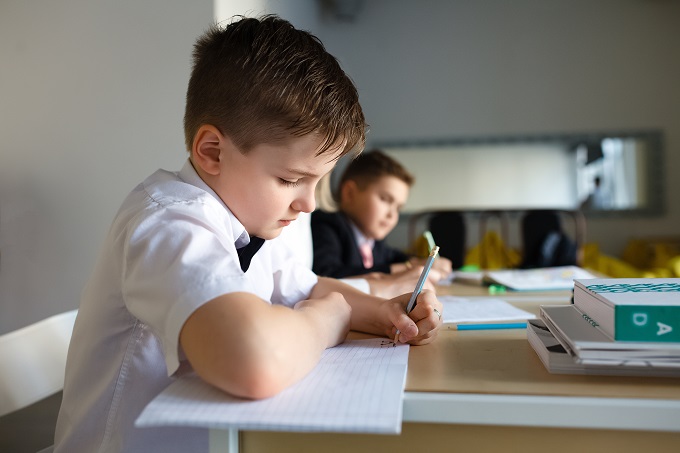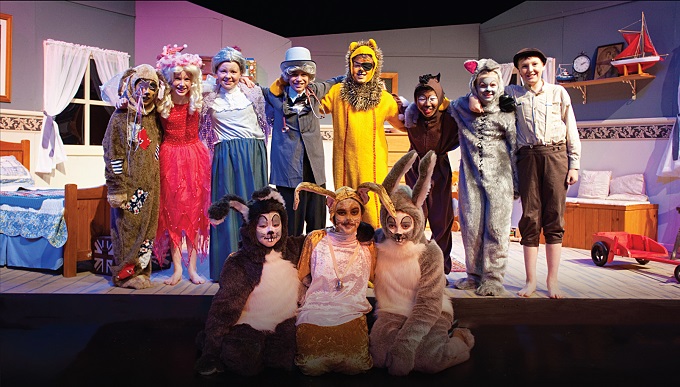Do our students need to be more mentally tough?

In a world of increasing stress and pressure, ensuring the wellbeing of both staff and students is always a hot topic in education.
What we do know is that stress is a normal part of life; however, if not managed effectively it can be detrimental to learning, wellbeing and achievement. ‘Mental toughness’ has been defined as a personality trait that determines a person’s ability to perform consistently under stress and pressure, and it is closely related to qualities such as character, grit and perseverance (Clough & Strycharczyk, 2012).
While the concept of mental toughness is relatively new in education, it has a long history in academic research related to resilience and cognitive hardiness, especially in the area of sport psychology. Professor Peter Clough and Doug Strycharzcyk, managing director of AQR, have merged these fields to form the 4C Model the Mental Toughness:
- Control: the degree to which you believe you have control of your circumstances including your emotions
- Commitment: the degree to which you can set and achieve realistic goals
- Challenge: the degree to which you actively seek challenges and manage setbacks
- Confidence: the degree to which you know your own strengths and can work with others in groups
Three growing areas of concern in schools that relate to mental health in young people include increasing test anxiety, peer relationships and bullying. This is typically because young people may feel they have no control over their assessments or friendships; they may be unable to regulate their own emotions; they may lack confidence in their own abilities or lack the drive to take on new challenges. If young people have the skills to better understand the relationship between life control, emotional control, interpersonal confidence and achievement, perhaps they will be better placed in dealing with these situations should they occur (Gerber et al., 2013).
The bottom line is, ‘while cognitive ability reflects what an individual can do, it is non-cognitive factors that reflect what an individual will do’ (McGeown, 2016). Common non-cognitive attributes frequently measured in education include motivation, self-efficacy, perseverance, emotional regulation and more, yet these terms are not often understood or used by young people themselves. Mental toughness, on the other hand, is less academic and more likely to be a part of young people’s everyday speech (Gerber et al., 2013).
What we do know from the research is that not only can resilience be taught, but mental toughness can be a natural or developed psychological trait (Bull, 2005). Dr Suzy Green, CEO of The Positivity Institute, and myself have recently written a teacher-led mental toughness curriculum for 14-16-year-olds called, ‘Growing Mentally Tough Teens’. The program offers teachers complete lesson plans with lesson instructions, worksheets, resources, research and more.
Even more exciting is that mental toughness can be measured using a valid and reliable measure called the MTQ48 to identify students at risk or track the progress of individuals, classes or whole year groups.
What we also know from the research (Norrish, 2012) is that for student wellbeing programs to be effectively embedded into a school, staff must ‘learn it’ and “live it’ before they ‘teach it’. So, while giving young people skills in mental toughness is essential, perhaps we as teachers would also benefit from learning and practicing these skills. Especially given the fact that teachers are struggling too, with increasing workloads, high cognitive loads and emotional exhaustion.
What if we as teachers reflected on the 4Cs each day at work? What if both staff and students could be more mentally tough? How might the culture of your school community look?







